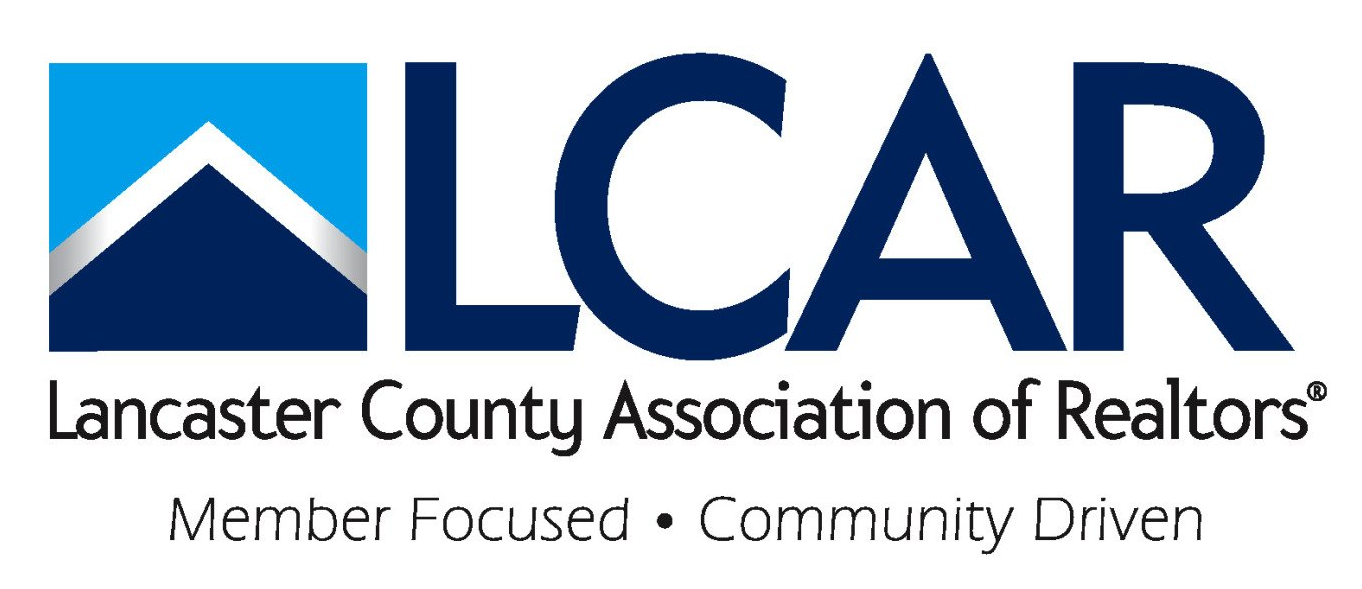The Home Inspection Report -- Who Does It Belong To?
In the past there have been articles about the confidentiality of appraisals and who is entitled to them . . . sounds like a perfect segue to also discuss home inspection reports since there is apparently much confusion in the real estate industry. Realtors and home inspectors are bound by separate and sometimes very different and contradictory laws and regulations in the Commonwealth of Pennsylvania.
In most cases the buyer of a property under agreement hires his or her choice of a home inspector to thoroughly evaluate the home’s major systems and provide a written report on his findings. Although some Realtors refer, and sometimes are the ones choosing the inspector for the buyer, the legal business relationship is actually between the buyer and the home inspector. An inspection agreement is the legal contract that binds the client and the inspector. The inspection agreement documents the particulars of the inspection (property address, client name, date/time of the inspection, performed services and their fees) as well as the remedy process should the client claim the inspector missed something, etc.
The companies that provide Errors and Omissions (E&O) insurance to home inspectors are the ones who declare what sort of legal jargon must be included in our inspection agreements. Without a signed inspection agreement for a particular home inspection (unique to the particular client, address and date/time), the inspector has no E&O coverage for that particular inspection. The inspector’s E&O insurance protects the client but also protects the inspector, both Realtors involved and, to some extent, the home seller. The agreement, ideally, should be signed before the inspection commences. I always email my agreements to the client days in advance so the client has time to read the agreement, add a service they want performed (if not already shown on the agreement), and/or ask any questions.
The inspection agreement also documents what Standard of Practice (SoP) and Code of Ethics (CoE) the inspector is using to perform the inspection, such as the Standard of Practice and the Code of Ethics of the American Society of Home Inspectors (ASHI). The ASHI SoP, for example, documents what systems and components in the home must be inspected and what is considered beyond the scope of a home inspection. I feel that sending the inspection agreement to the client ahead of time helps set reasonable expectations of the inspection process.
The home inspection agreement also specifies who will receive the inspection report. Inspection agreements include verbiage where the client may give permission for the inspector to provide a copy of the report to the client’s Realtor. Should the client refuse to allow the inspector to provide a copy of the report to their Realtor, the inspector is not legally authorized to release the report to anybody but his client. Over many years inspecting homes, there has only been one instance when I had a client refuse to give me permission to release the report to his Realtor. It was an odd situation, and I didn’t ask questions. Of course when the buyer’s agent called asking why I didn’t email him the report, all I could answer was that his client refused to give me permission to do so.
Section 12(A) part 4 of the PA Standard Agreement For The Sale of Real Estate had an interesting change as of January 1, 2019 stating, “All inspectors, including home inspectors, are authorized by Buyer to provide a copy of an Inspection Report to Broker for Buyer.”
This is where things start to become contradictory depending upon what role you have in the home purchase transaction. The above excerpt implies that the inspector has automatic permission to give a copy of the report to the buyer’s agent. However, PA Act 114 and the ASHI Code of Ethics (and the inspector’s own inspection agreement) specifically require the inspector to get his client’s permission to provide a copy of the report to the client’s agent. It’s a very rare occurrence, but if the client refuses to give the inspector permission to provide the report to their agent, the inspector is legally bound to not provide it to anyone else. So what happens next? Sounds like it’s time for a lawyer to answer this one.
Next, the ASHI CoE specifically states that the inspector may only provide the inspection findings (the report) to his client and may not provide the report to the seller or listing agent.
ASHI Code of Ethics part 2C — “Inspectors shall not disclose inspection results or client information without client approval. Inspectors, at their discretion, may disclose observed immediate safety hazards to occupants exposed to such hazards, when feasible.”
The PA Home Inspector Compliance Law (Act 114) requires PA home inspectors to adhere to the Standards of Practice and Code of Ethics of the association to which the inspector belongs. The wording of PA Act 114 states:
7508 part 3(B) Confidentiality — Except as otherwise required by law, a home inspector shall not deliver a home inspection report to any person other than the client of the home inspector without the client’s consent. The seller shall have the right, upon request, to receive without charge a copy of a home inspection report from the person for whom it was prepared.
The inspector may not provide the report or even discuss the findings with the seller or listing agent unless the client provides written permission. The client is the one who paid for the inspection and signed the inspection agreement, so the inspector’s legal duty is to his client. If the inspector were to go against the above requirement, he would be in violation of his own agreement contract as well as the ASHI Code of Ethics and PA Law (PA Act 114). Changes to the PA Standard Agreement For The Sale of Real Estate (which took effect as of January 1, 2019) in section 12(A) part 5 states that: “Seller has the right, upon request, to receive a free copy of any inspection Report from the party for whom it was prepared. Unless otherwise stated, Seller does not have the right to receive a copy of any lender’s appraisal report.”
In a few instances a day or so after an inspection a listing agent or seller may call or email me asking how the inspection went. As noted above, all that I can respond is that I work for my client and that I have a confidentiality clause preventing me from discussing the inspection with anyone but my client. Imagine calling a doctor and asking how someone else’s medical exam went? There are provisions in PA Act 114 and the ASHI Code of Ethics that allow the inspector to inform a seller or tenant of a major safety issue, such as a gas leak, for example.
The PA Act 114 wording excerpt above does include the home seller’s right, upon request, to receive a copy of the inspection report, but it must be obtained from the person for whom it was prepared. In other words, if a seller wants a copy of an inspection report, the seller must ask for and receive it directly from the inspector’s client. The inspector cannot legally provide any portion of the report (verbally or in writing) to the seller or listing agent. Again, the inspector’s business relationship and legal confidentiality responsibilities rest with his client.
Most home inspectors include a copyright in their reports as well since the report is the inspector’s intellectual property. The report belongs solely to the inspector and the inspector’s client. I had an instance recently when a buyer terminated their sales agreement due to an appraisal issue. By then the listing agent and seller had already received the inspection report from the buyer. The listing agent then contacted me asking permission to include my report in his MLS listing of the property. In other words, he wanted to use my inspection report to market his listing to other potential buyers. Of course the answer was ‘no’. The report is not the property of the listing agent or the seller; and even if the sales agreement is terminated, the report does not become the listing agent or seller’s property to use for their own financial gain. Also, the report could potentially fall into the hands of a third party with whom the inspector has absolutely no business relationship with, nor a signed inspection agreement. If this happened and an E&O lawsuit ensued between the original home inspector and this third party with whom the inspector had no business relationship, I wouldn’t be surprised if the listing agent (and/or the seller) who decided to share the report with others would be included as a part to this lawsuit.
Matthew Steger, ACI, WIN Home Inspection
Facts, opinions and information expressed in the Closing Comments Blog represent the work of the author and are believed to be accurate, but are not guaranteed. The Lancaster County Association of Realtors® is not liable for any potential errors, omissions or outdated information. If errors are noted within a post, please notify the Association. Posts represent the author’s opinion and are not necessarily the opinion of the Association.










